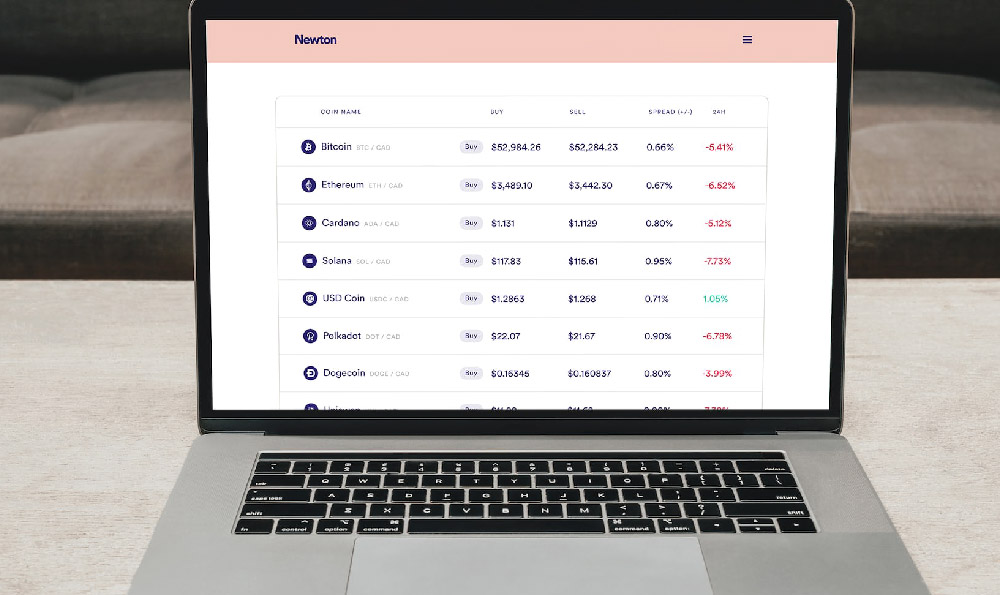Navigating the complexities of unemployment benefits while considering part-time work can be a daunting task. It's a situation many individuals face when seeking to supplement their income during periods of joblessness, or while actively searching for full-time employment. The answer to whether you can collect unemployment benefits while working part-time isn't a simple yes or no; it depends heavily on the specific regulations of your state or jurisdiction, and the details of your part-time work arrangement.
Unemployment benefits are generally designed to provide temporary financial assistance to individuals who have lost their jobs through no fault of their own and are actively seeking new employment. The eligibility criteria typically include factors such as prior work history, earnings, and availability to accept suitable full-time work. When you introduce part-time employment into the equation, it introduces a layer of complexity that can affect your continued eligibility.
Most states allow individuals to earn some income while receiving unemployment benefits. However, this doesn't mean you can earn an unlimited amount without impacting your benefits. The key concept here is usually a reduction in your weekly benefit amount based on your part-time earnings. The specific formula for calculating this reduction varies significantly from state to state. Some states might have a flat dollar amount exemption, meaning you can earn up to a certain amount each week without any reduction in your benefits. Other states might use a percentage-based reduction, where a portion of your part-time earnings is deducted from your weekly benefit amount. Understanding the exact formula used in your state is crucial. You can typically find this information on your state's unemployment agency website or by contacting them directly. Don't hesitate to reach out; clear communication with the unemployment agency is paramount to avoid unintentional errors that could lead to penalties.

Furthermore, your ability to continue receiving benefits while working part-time also depends on meeting other eligibility requirements. You must still be actively seeking full-time employment and be available to accept a full-time job offer. If your part-time work schedule interferes with your ability to accept a full-time position, or if you're not actively searching for full-time work, your benefits could be jeopardized. Maintaining a detailed record of your job search activities, including dates, companies contacted, and positions applied for, is essential. This documentation will be invaluable if you're ever asked to provide proof of your active job search efforts.
Another important consideration is the nature of your part-time employment. If you are self-employed or operating your own business while receiving unemployment benefits, the rules can be even more complex. In some states, self-employment income is treated differently than wage income, and the reporting requirements might be different. It's crucial to understand how your state defines self-employment and how it impacts your eligibility for benefits. Some states may have specific programs or waivers that allow individuals to pursue self-employment while receiving benefits, such as the Self-Employment Assistance (SEA) program.
Transparency is paramount throughout the entire process. You are obligated to report all of your earnings to the unemployment agency, accurately and on time. Failure to do so can be considered fraud, which can result in severe penalties, including repayment of benefits, fines, and even criminal charges. Even if you believe your earnings are below the threshold for reducing your benefits, it's still essential to report them. Let the agency determine whether your earnings affect your benefits; don't make assumptions.
It's also wise to consider the long-term implications of accepting part-time work while receiving unemployment benefits. While it can provide much-needed income in the short term, it might also prolong your reliance on unemployment benefits if it distracts from your full-time job search efforts. Carefully weigh the pros and cons of each part-time opportunity, considering its potential impact on your job search and your overall financial well-being. Sometimes, investing more time and energy into a focused job search might be more beneficial in the long run than accepting a part-time job that pays relatively little.
Moreover, be aware that your former employer may be notified of your part-time earnings. While your former employer is generally not responsible for your unemployment benefits if you were laid off or terminated without cause, they may have the right to challenge your eligibility if they believe you are not actively seeking employment or are not available for full-time work. Be prepared to address any concerns your former employer may have and to provide documentation to support your continued eligibility.
In conclusion, navigating the intersection of part-time work and unemployment benefits requires a thorough understanding of your state's specific regulations, transparent communication with the unemployment agency, and careful consideration of the long-term implications. Always prioritize accuracy and honesty in your reporting, maintain detailed records of your job search activities, and be prepared to advocate for yourself if your eligibility is challenged. By taking these steps, you can increase your chances of successfully supplementing your income while continuing to receive the unemployment benefits to which you are entitled. The landscape of unemployment benefits can be complex, but with diligence and a commitment to following the rules, you can navigate it successfully.












